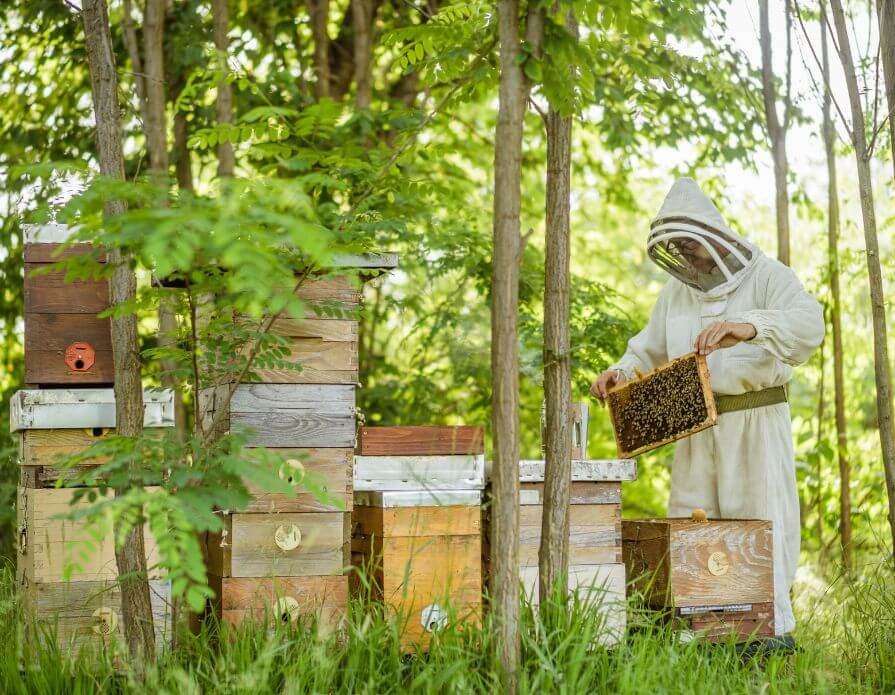The Beekeeper’s Guide to Sustainable Practices
Beekeeping is a rewarding hobby that allows us to connect directly with the natural world. As stewards of these vital pollinators, embracing sustainable methods is essential for the health of our hives and the planet.
This post offers a beekeeper’s guide to sustainable practices, providing insights into how you can support your colonies while minimizing your environmental impact. Adopting these approaches ensures that your beekeeping journey is not only productive but also beneficial for the broader ecosystem.
Creating a Pollinator-Friendly Habitat
Your bees need more than just a hive; they require a diverse and thriving habitat to flourish. Planting a mix of native wildflowers, herbs, and trees creates a continuous food source for your bees and other local pollinators.
Avoid using pesticides and herbicides in your garden, as these chemicals can be incredibly harmful to bee populations. A healthy, chemical-free environment not only supports your hives but also contributes to the well-being of the entire local ecosystem.
Selecting Native Bee Species
A fundamental step in sustainable beekeeping is choosing bee species that are native or well-suited to your local environment. Native bees have evolved in tandem with local flora, making them more efficient pollinators for indigenous plants.
By focusing on native species, you support local biodiversity and reduce the need for interventions such as supplemental feeding or chemical treatments, laying the groundwork for a self-sustaining and resilient apiary. This approach is one of the core beekeeping basics for long-term success.
Practicing Responsible Harvesting
When it comes to harvesting honey, a sustainable approach prioritizes the health of the colony. Leave enough honey for the bees to sustain themselves throughout winter.
Taking only the surplus ensures that the colony remains strong and doesn’t require supplemental feeding with sugar water, which lacks the essential nutrients found in honey. Harvesting responsibly is a cornerstone of ethical beekeeping, reflecting a partnership with your bees rather than exploiting them.
Managing Hives Naturally
Sustainable hive management focuses on working in harmony with the natural behaviors of your bees. Instead of relying on synthetic chemicals to control pests like Varroa mites, consider integrated pest management techniques. These can include using screened bottom boards, promoting hygienic bee behaviors, and employing natural treatments such as essential oils.
Proper hive maintenance is also crucial. Knowing how to maintain and store bee boxes correctly ensures their longevity and reduces the need for frequent replacements, which in turn saves resources and minimizes waste.
Educate and Share
Ultimately, a key part of sustainable beekeeping is sharing knowledge and fostering a community that values these practices. By following the beekeeper’s guide to sustainable practices, you are setting a positive example for others to follow.
Share your experiences with other beekeepers, join local beekeeping clubs, and educate your friends and family about the importance of pollinators. Your efforts contribute to a larger movement of environmental stewardship, ensuring a healthier future for bees and the planet we share.
